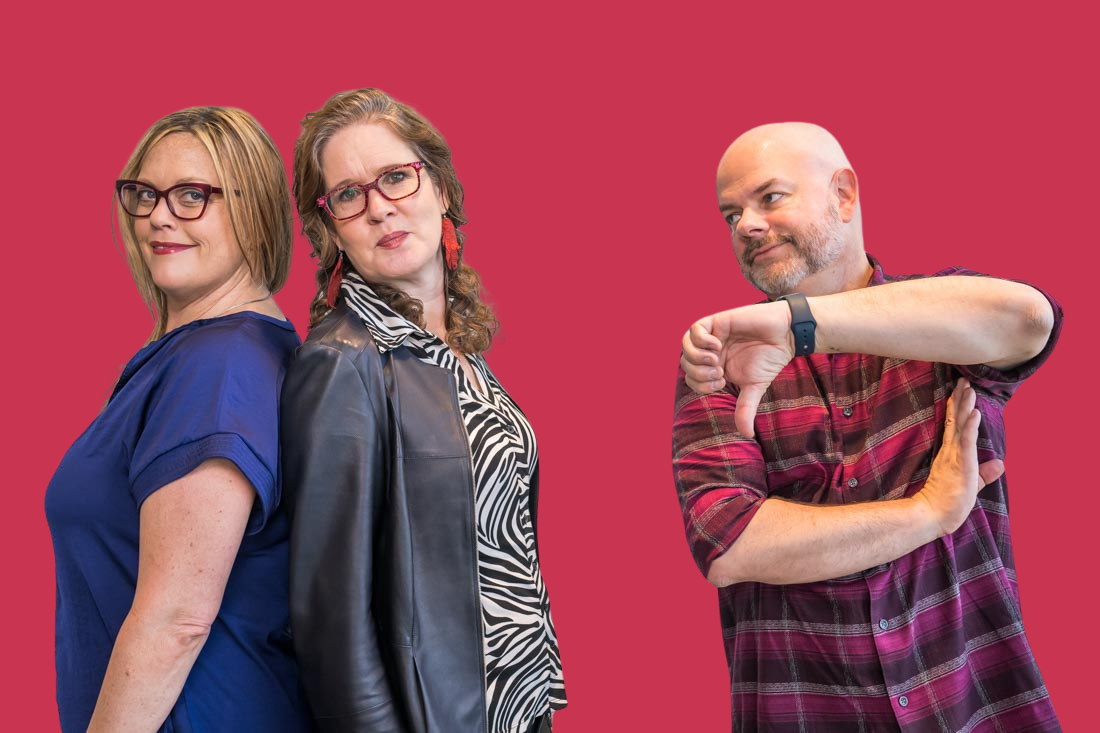Sep05

Let’s be honest: working with other people can sometimes feel like running a three-legged race with someone who’s going in a completely different direction. But here’s the thing—strong relationships at work are key to success, whether you’re fresh out of college or a seasoned pro who’s seen it all. So, how do you keep those relationships solid, especially when you’re not exactly seeing eye to eye? I’ve got three tips that will help keep your professional connections intact—even when you don’t agree on everything.
Open and honest communication is the backbone of any strong relationship. But here’s the catch—it’s not about turning into a feedback machine spitting out “constructive criticism” 24/7. Instead, it’s about being open to receiving feedback yourself (yes, even the kind that makes you cringe), and being thoughtful when it’s your turn to give it. Also, let’s be real: no one is a mind reader, so share your goals and expectations. When both sides know where the other is coming from, it becomes a lot easier to build a genuine, trusting working relationship—even when you disagree on something.
We’ve all had that co-worker who interrupts just when you’re finally in the flow. Respecting each other’s time and space is huge when it comes to maintaining solid work relationships. It’s like an unspoken agreement: “I’ll respect your time if you respect mine.” That means being mindful of personal space (no need to hover over someone’s desk like a hawk) and knowing when to leave people alone so they can actually get work done. Bonus points for respecting each other’s boundaries—it’s one of the most underrated, yet essential, components of a healthy work dynamic.
Here’s the kicker: you don’t have to agree on everything (in fact, it’s probably better that you don’t), but you do need to be able to compromise. Think of it as finding that sweet spot between “my way or the highway” and “I’ll just go along with whatever.” Compromise doesn’t mean giving up your ideas—it means being flexible enough to find common ground. When you show you’re willing to work together, even if it means meeting in the middle, you prove that you’re a team player. And guess what? That’s the stuff that builds trust, respect, and—ultimately—strong professional relationships.
So, there you have it—three tips to help you keep your work relationships strong, even when you don’t see eye to eye. Communicate openly (with a dose of empathy), respect each other’s time and space (seriously, it’s not that hard), and be willing to compromise (but stand your ground when it matters). Do that, and you’ll be well on your way to maintaining great working relationships—even with the people who drive you a little nuts sometimes.
Now, I’d love to hear from you! How do you navigate tricky work relationships? Got any tips or stories to share? Drop a comment or let’s connect on LinkedIn.
Keywords: Leadership, Management
 Lateral Moves: The Most Overlooked Succession Strategy in Companies
Lateral Moves: The Most Overlooked Succession Strategy in Companies The Asset Play: Timing, Structure & Global Arbitrage
The Asset Play: Timing, Structure & Global Arbitrage  The Orchestra Needs a Conductor: Why Multi-Model Agents Require H2E Governance
The Orchestra Needs a Conductor: Why Multi-Model Agents Require H2E Governance The Role of Memory in Modern-day Business
The Role of Memory in Modern-day Business The Architectures of Permanence: A Comparative Analysis of the "Big Three" AI Strategies (2026)
The Architectures of Permanence: A Comparative Analysis of the "Big Three" AI Strategies (2026)